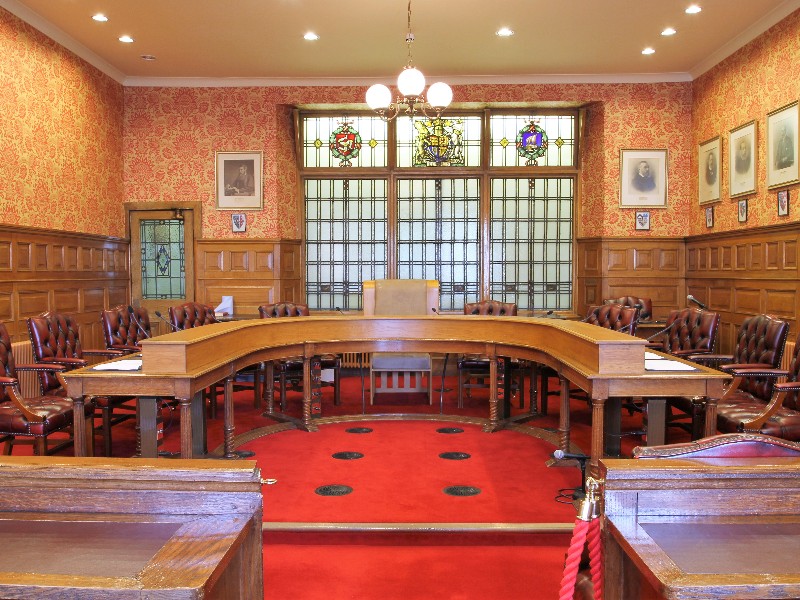
A Tynwald committee says taking away the Bishop of Sodor and Man’s right to vote could prompt the Church of England to review the Island’s diocesan status.
A Tynwald committee has warned that removing the Bishop of Sodor and Man’s right to vote in the legislature could lead the Church of England to reconsider whether the Island should continue to have its own diocese.
The report - published today by the Legislative Council’s Select Committee on the Isle of Man Constitution Bill 2023 - sets out the historical constitution and practical context behind the proposal, which seeks to remove the Bishop's voting rights, while retaining the seat in both the Legislative Council and Tynwald Court.
The committee consisted initially of MLC’s Paul Craine (chair), Rob Mercer and Bill Henderson. Since Mr Henderson lost his seat in LegCo, Mr Craine and Mr Mercer have completed the process as a joint effort.
They were tasked with examining the Bill after it passed its third reading in the House of Keys by 14 votes to nine last year. The committee took evidence from the current Bishop, the Archbishop of York and officials from the Church of England, as well as drawing on historical records and comparisons with other jurisdictions.
Long-standing tradition
The report notes that the Bishop's place in Tynwald can be traced back at least as far as 1614, and has been continuous for most of the period since. The office is described as having provided a “spiritual and humanitarian voice” within the legislative process.
However, the committee highlights that the presence of religious representatives in parliaments is now extremely rare internationally, with few equivalents beyond the House of Lords in the United Kingdom and the non-voting Dean of Jersey.
Limited impact on divisions
An analysis of past voting records indicates that the Bishop’s vote has seldom been decisive. Academic research cited by the committee found only a small number of cases between 1966 and 2001 where the Bishop’s vote formed part of a narrow majority, and very few occasions where that majority was against the will of the House of Keys.
More recent voting records, from 2016 to 2023, showed a similarly low frequency of instances where the Bishop's vote aligned with a majority opposing the Keys' position.
Church warning over diocesan future
In written evidence, the Archbishop of York said removing the vote would “significantly undermine” the case for maintaining a separate Diocese of Sodor and Man. He suggested the question would likely be revisited in any future church review, with one possible outcome being the absorption of the Island into an English diocese - a change that would mean no Manx bishop participating in Tynwald at all.
The committee concludes that the church would “likely re-examine” the Island’s diocesan status if the voting right were removed.
The Bishop’s perspective
Rt Rev Patricia Hillas, the current Bishop of Sodor and Man - consecrated in October 2024 - told the committee that having a vote provides accountability and transparency by placing her decisions on the public record.
She warned that losing it could diminish the perceived importance of the role, reducing both attendance and engagement.
She insisted her interventions in Tynwald are not limited to matters of religion, but often reflect moral or humanitarian considerations on behalf of “people of all faiths, and none”.
Public opinion
A consultation run earlier this year received 2,890 responses - around 3.4 percent of the population - with opinions almost evenly split.
Forty-nine percent in favour of keeping the vote and 51 percent opposed.
The committee believes the results are inconclusive due to the limited and self-selecting nature of the respondents.
No recommendation
While setting out the potential implications, the committee has deliberately made no recommendation either for or against the Bill. Instead, it presents its findings to help MLC’s reach an informed view when the Constitution Bill returns to the Legislative Council.
Among its conclusions, the committee acknowledges both the historic significance of the Bishop’s role and the democratic concerns that underpin calls for reform.
It summarises the issue as a “political judgement” for Members – whether to uphold a centuries-old constitutional tradition or to modernise the Island’s parliamentary structure in line with contemporary democratic principles.

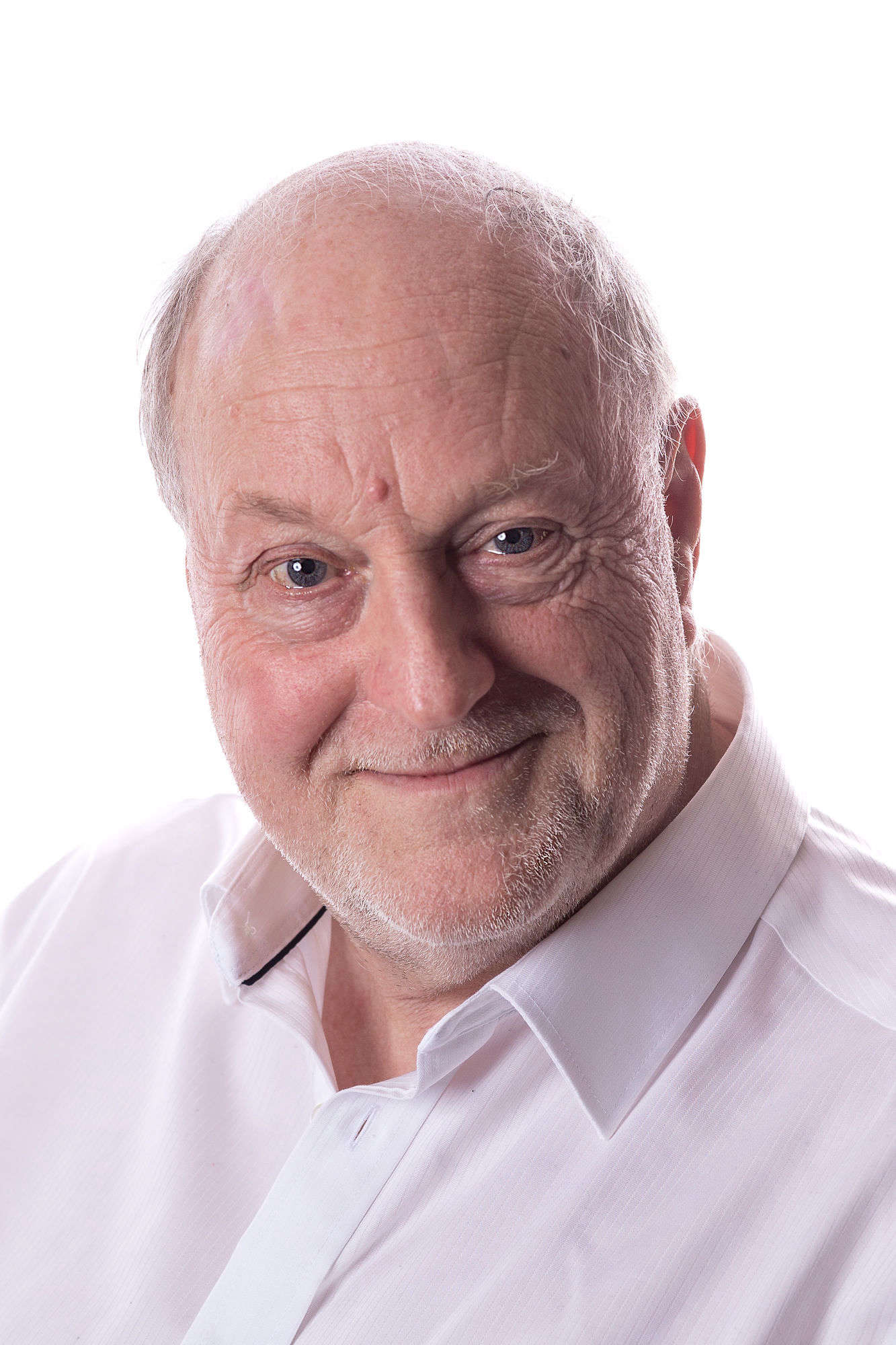
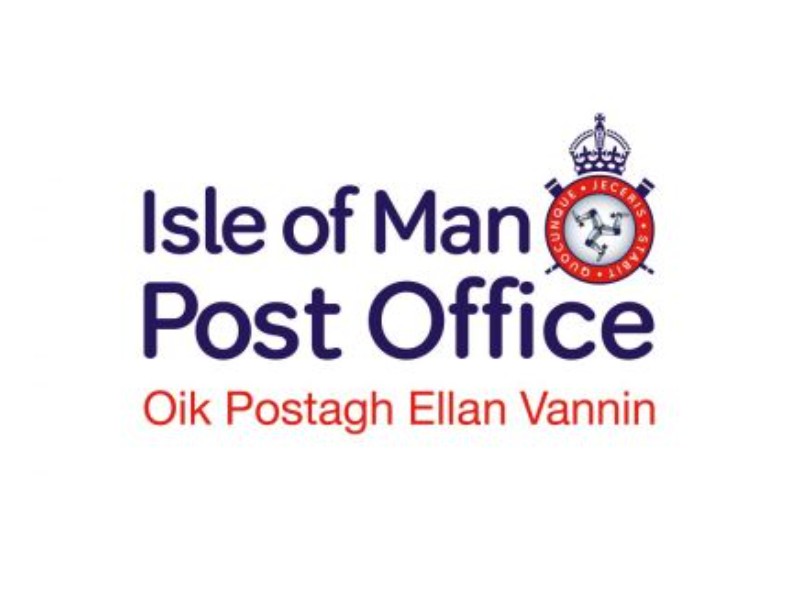 Post Office to raise letter prices and bring in stamp expiry dates
Post Office to raise letter prices and bring in stamp expiry dates
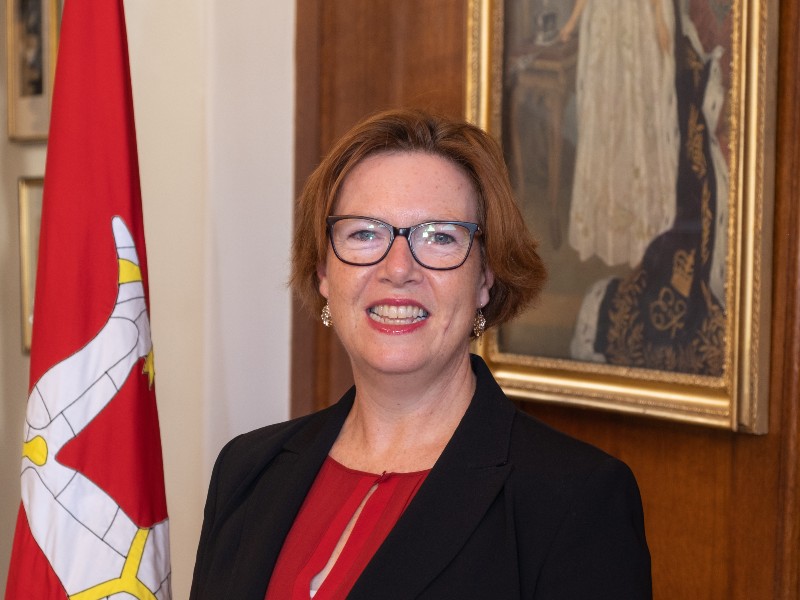 New extradition laws would back Moneyval's recommendations
New extradition laws would back Moneyval's recommendations
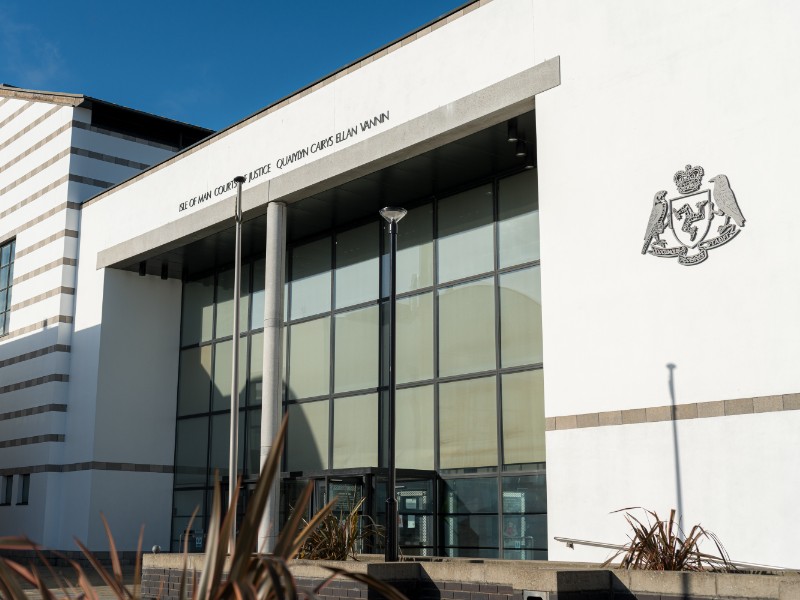 Conviction of 'key figure' in international organised crime group welcomed
Conviction of 'key figure' in international organised crime group welcomed
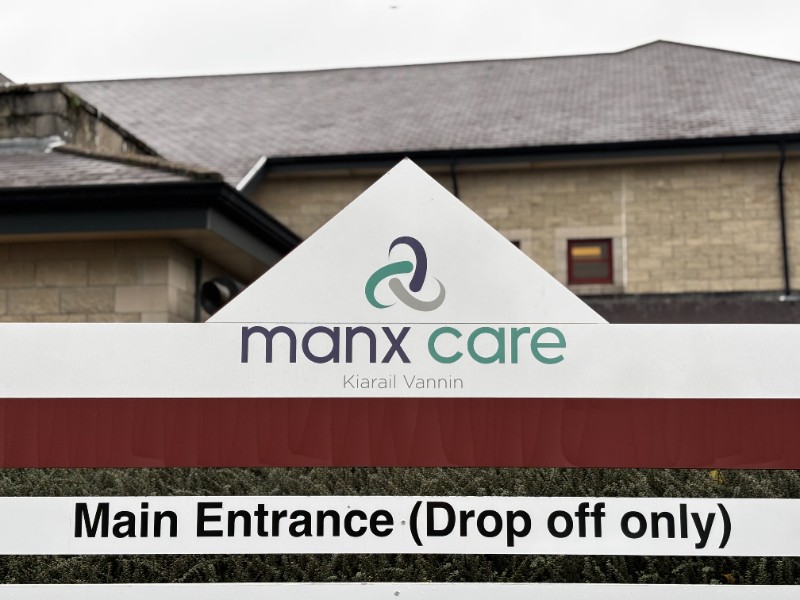 Five fires started deliberately at Manx hospitals in last seven years
Five fires started deliberately at Manx hospitals in last seven years
